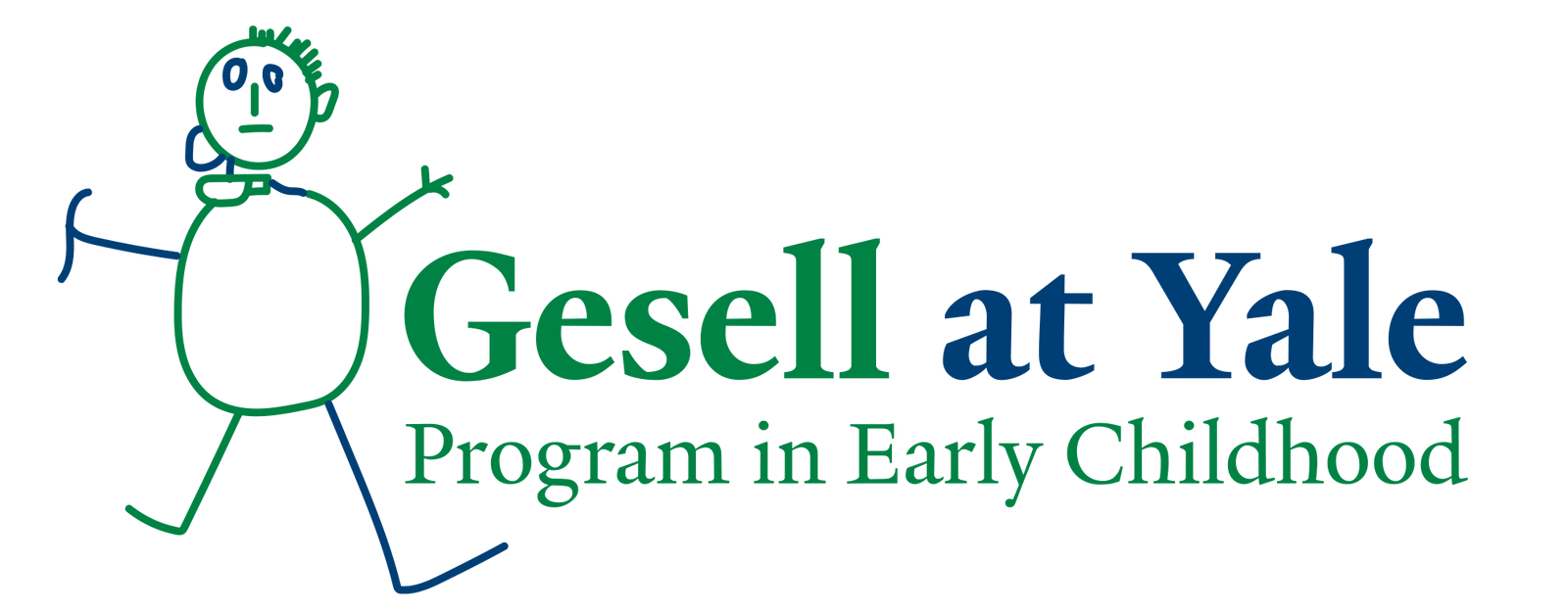February 2023
The Journal of Social and Emotional Learning, published by the Center for Responsive Schools (CRS), provides research-backed articles, practical tools, and strategies for educators to foster SEL in school environments.
Andrew was almost two years old when COVID-19 shut down the world. For the two years that followed, Andrew, an only child, spent his days with no one but his parents, who were working from home. By the fall of 2022, Andrew was legally eligible to start kindergarten. Because of pandemic restrictions, he had never attended preschool and had had no play-dates. He did, however, have the reading skills typical of a much older child, which is why his parents were surprised to learn that a developmental assessment suggested Andrew struggled with literacy, numeracy, and motor tasks, and showed delays in social and emotional skills. The assessor noted that he consistently looked to his mother for reassurance when answering questions and became anxious when she briefly left the room. Although old enough to attend kindergarten, Andrew, a child of the COVID-19 generation, was not prepared for the expectations of a kindergarten classroom.
The COVID-19 pandemic continues to affect the lives of young children (Jalongo, 2021) and the long-range impacts of the epidemic cannot yet be fully predicted. But a clear picture is emerging of the immediate social and emotional impacts on children during the pandemic. Families are struggling (Phelps & Sperry, 2020), and research suggests that parents are reporting more child behavior problems (Sun et al., 2022). With a growing increase in requests for mental health services, a plan for ensuring that the children of the COVID-19 generation receive the academic and social and emotional support they need to rebound from continued pandemic echoes is needed.
So is a pause.
Click HERE to read the full article written by Peg Oliveira, PhD in the Journal of Social & Emotional Learning.
